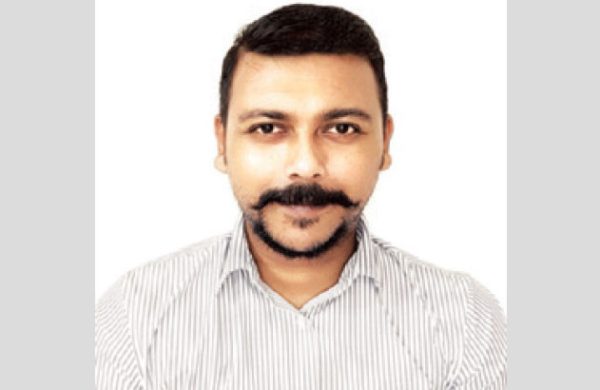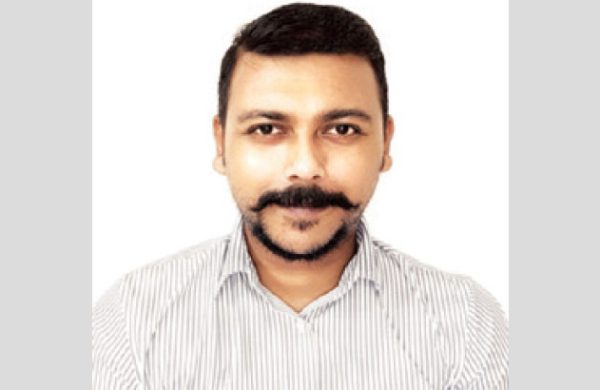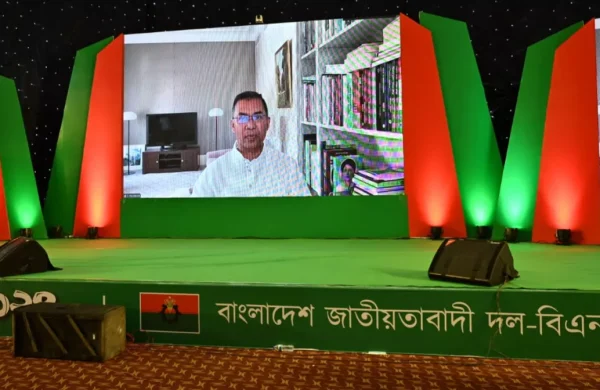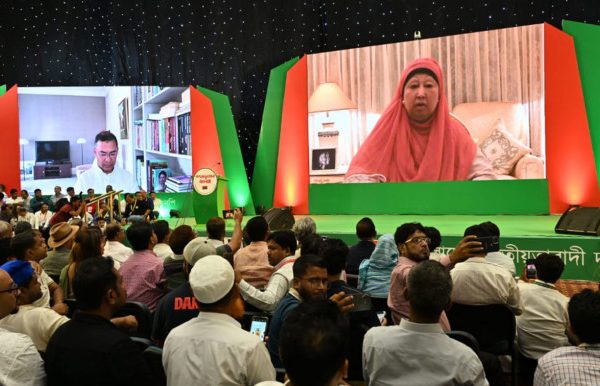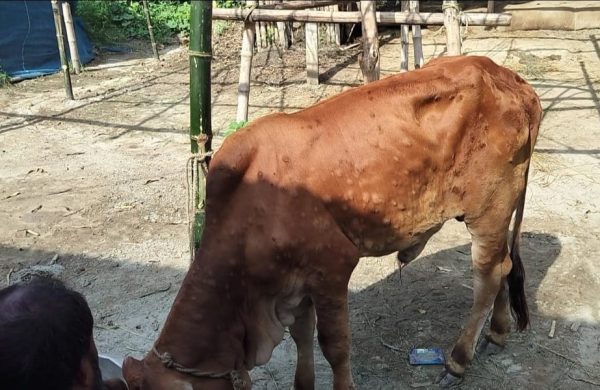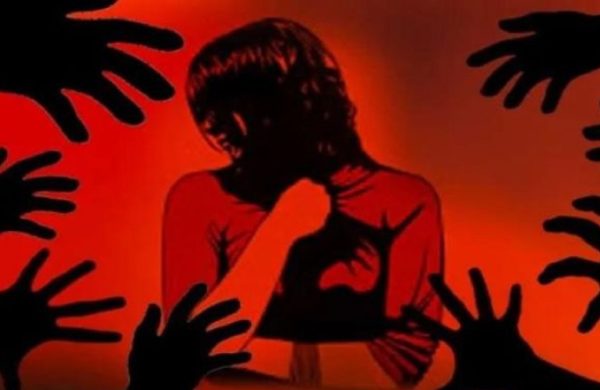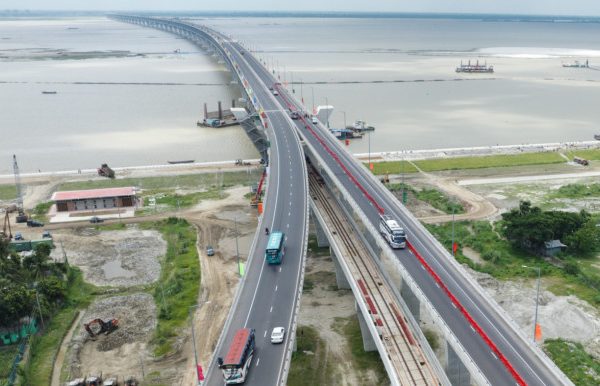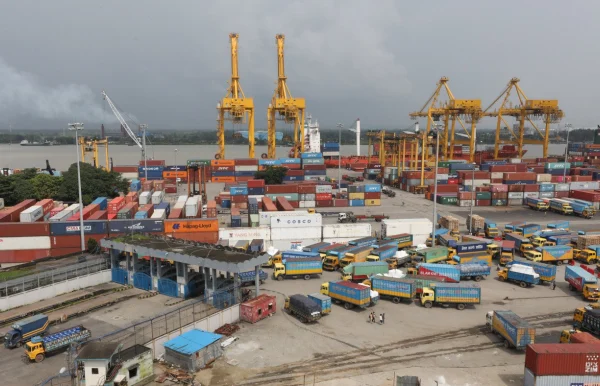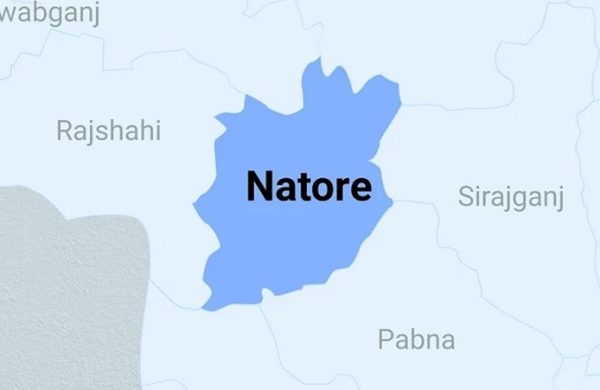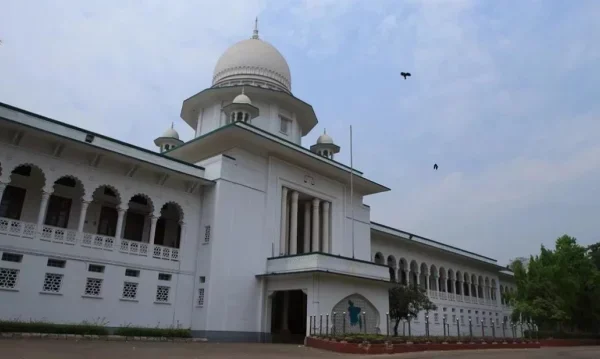Indian media abuzz with fake news on minority purges in bangladesh
- Update Time : Wednesday, August 21, 2024

–AR Sumon–
Persecution of minorities and the current situation in Bangladesh are now among the most discussed topics in this subcontinent and in the world as well. It is necessary to say a few words on this matter. There is noticeable concern regarding the country’s minorities from various places, both within the country and abroad. I believe this issue should be focused based on truth.
First of all, I want to clarify what I mean by the persecution of minorities. It refers to a situation where a majority community oppresses or mistreats a minority community simply because their philosophy, way of life, religious beliefs, or opinions differs or do not align with one another. This is what we refer to as communalism.
Since August 5, 2024, complaints of this nature have been raised regarding the subsequent situation. August 5, 2024, has already secured its place in history as an extremely significant day in the history of Bangladesh. On this date, the fascist government, which had been in power for nearly 16 years, faced a crushing fall. As a result, the once-powerful autocratic ruler, Sheikh Hasina, was forced to flee the country.
Now, let’s get to the main point. This autocrat had been able to convince the minority communities in the country and India that without Hasina or the Awami League, every minority community in Bangladesh is unsafe. Since Aug 5, there have been attacks on the homes, businesses, and temples of minorities in various parts of the country. These incidents seem to validate Awami narrative. Who has benefitted or is likely to benefit the most from these incidents that have occurred in the past few days? The answer is probably the Awami League!
The question now is, why did thousands of students and people sacrifice their lives, why did many lose their vision forever, why did many suffer lifelong disabilities, why did many lose their children, why did many go missing, and many got imprisoned while fighting against this Awami fascism just to establish the narrative of Awami League, that rather than Awami Leage there is no alternative to run the country. Revelation said there are alternatives.
What are the leaders of the Hindu community saying about minority torture? On August 8, 2024, Gobinda Pramanik, a leader of the Hindu Mahajot, told the renowned national newspaper Samakal that the Awami League is hiring various miscreants to carry out attacks on places of worship, businesses, and other properties of religious minorities in exchange for money.
BNP and Jamaat-e-Islami Bangladesh have long been blamed for these incidents by Hasina and her allies. Since Jamaat is a religion-based organization, and BNP is supporting Jamat from behind, ordinary Hindus accepted this and were made to believe that Hasina and the Awami League were their only saviors. However, in the same interview, Pramanik mentioned that from Aug 6, Jamaat-e-Islami leaders, activists, and ordinary Muslims in the affected areas have been guarding their neighborhoods and temples throughout the country. This protection was ordered by none other than Jamaat’s Amir himself. Not only Jamat but Hefajot-eIalam Bangladesh, many Qawmi Madrasha students, BNP men and local Muslims are protecting the minority willingly.
During the rule of the Awami League in 2012, nearly 14 temples were demolished in a single night in the Baliadangi area of the northern region of the country. It was later revealed that this incident occurred with the tacit support and encouragement of the local Awami League MP.
For nearly three days after the Aug 5 event, there was no government in the country, nor were there any law enforcement agencies. As a result, this opportunity was exploited to settle personal disputes, to seize land and property easily, leading to frequent attacks on Hindus. These incidents had no connection to religious motives.
When the BNP-Jamaat coalition came to power in 2001, there were some attacks on the Hindu community across the country, including in Bhola district. At that time, the Awami League blamed the BNP-Jamaat coalition government for these incidents. Later, when Hasina came to power in 2006 and the Hindu community sought justice for those incidents, the Hasina government did not pursue any real investigation. Hindu Mahajot leader Gobinda Pramanik stated, they had learned through inquiries that the mastermind behind those incidents was a highly influential Awami League leader. The aim was to portray and convince both the country and the world that Hindus were unsafe without the Awami League.
Even after the Aug 5, when Bangladesh was in an unprotected state, attacks on Hindus occurred in various places such as Cumilla, Nasirnagar in Brahmanbaria, and Abhaynagar in Jessore. Many Hindu leaders claim that in almost all these places, the attacks were carried out under the leadership of the Awami League.
Hasina’s son, Joy, who lives abroad, is making different statements on different days. These statements often contradict each other. Despite this, both he and his recently ousted mother are making provocative remarks in various ways, which could destabilize the country.
The impact of their statements brought a large number of people from the Hindu community to Dhaka’s Shahbag and Chittagong. Many citizens of Bangladesh have commented on social media and other platforms, suggesting that not all of these people are actually Hindus. Some believe that members of the Awami League and its various affiliated organizations, disguised as Hindus and were trying to create anarchy. In the long run, this provocation could harm the Hindu community the most rather than Awami League.
India is the largest Hindu populated country in the world. The geographical location of Bangladesh made it very important to India. So now we can understand what should be the relationship between Bangladesh and India and why is Bangladesh’s politics so important for India? India is bordering on three sides of Bangladesh. Both the politics and the government of Bangladesh are crucial for India’s security. This is especially true for the Seven Sisters-Assam, Tripura, Arunachal Pradesh, Meghalaya, Nagaland, Manipur, and Mizoram. These states have long sought of independence from India. Therefore, maintaining good relations with the Bangladeshi government and politics is very important and meaningful for India.
In this case, India should have approached the relationship with Bangladesh with a liberal and tolerant attitude and must avoid extreme colonialist views with not aligning exclusively with any particular political party. However, instead of doing so, India has repeatedly interfered in Bangladesh’s politics in a blatant manner, completely destroying the country’s electoral system and attempting to keep one party in power repeatedly. They have been successful in this regard, resulting in widespread hatred among the Bangladeshi people for India. Consequently, India’s relationship has been with a specific party rather than with the general populace of Bangladesh, turning that party into an arrogant and monstrous entity. Following the students led people’s uprising, that party is now facing an existential crisis.
In the current situation, when there was unrest in the country, the Indian media were busy trying to make it even more unstable. They were engrossed in spreading various kinds of rumors. After the upheavals and Hasina’s escape from the country, chaos erupted nationwide. During this time, many homes of authoritarian Awami League leaders were set on fire. Most of the leaders are Muslims, with a few being Hindus. These fires were set for political reasons, not because of their minority status, though this is not desirable.
When a fire was set at the home of former captain and Awami League MP Mashrafe Bin Mortuza in Bangladesh, Indian media widely reported that it was the home of another Bangladeshi Hindu cricket star, Litton Das. This led to widespread protests in India. Later, Litton Das himself informed the media that no such attack had occurred against him.
Similarly, when a fire was set at Hasina’s ancestral home at Dhanmondi 32, a fire also broke out at the home of Rahul Anand, a prominent folk singer and a musician,’ by accident. Indian media tried to portray this incident as a communal attack. However, a few days later, Rahul Anand’s family clarified that no one had come to their home, there had been no attack, and the fire was a result of an accident.
Even Indian media tried to prove events that occurred in their own country during past years as recent events in Bangladesh.
Due to India’s blatant interference in Bangladesh’s internal politics, Bangladeshis both within the country and abroad have boycotted Indian products, and the campaign is still ongoing. In this situation, such anti-Bangladesh communal propaganda by Indian media will only make Bangladeshis more antagonistic towards India.
India has the responsibility to quickly stop this propaganda against Bangladesh and to work on building relationships and trust with the people of Bangladesh. India has a significant market here, and additionally, Bangladesh is a crucial factor for India’s security.


